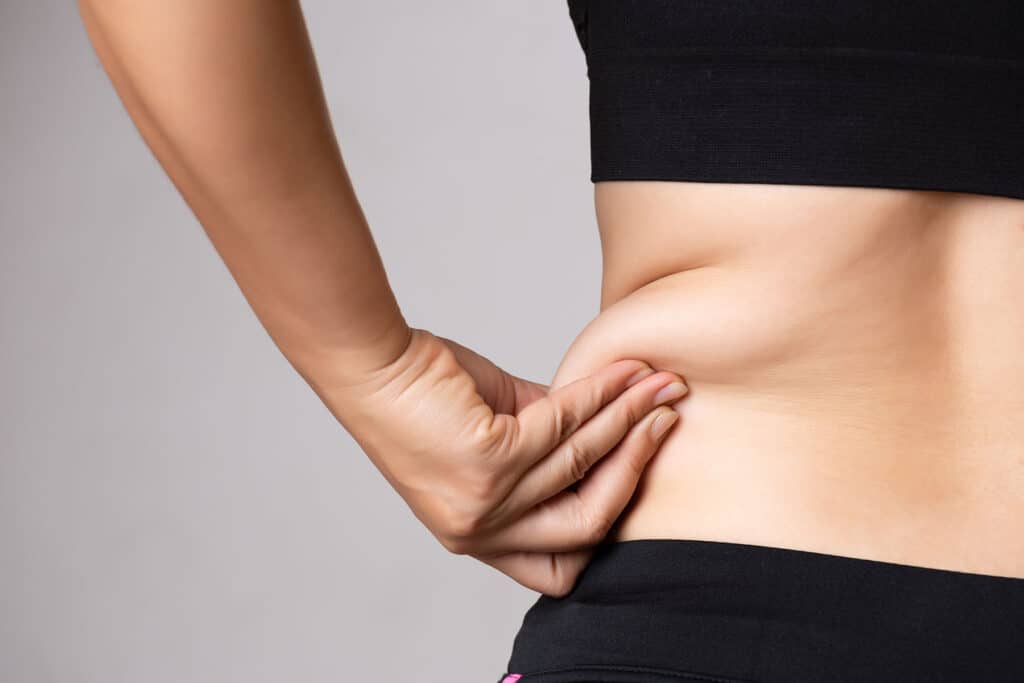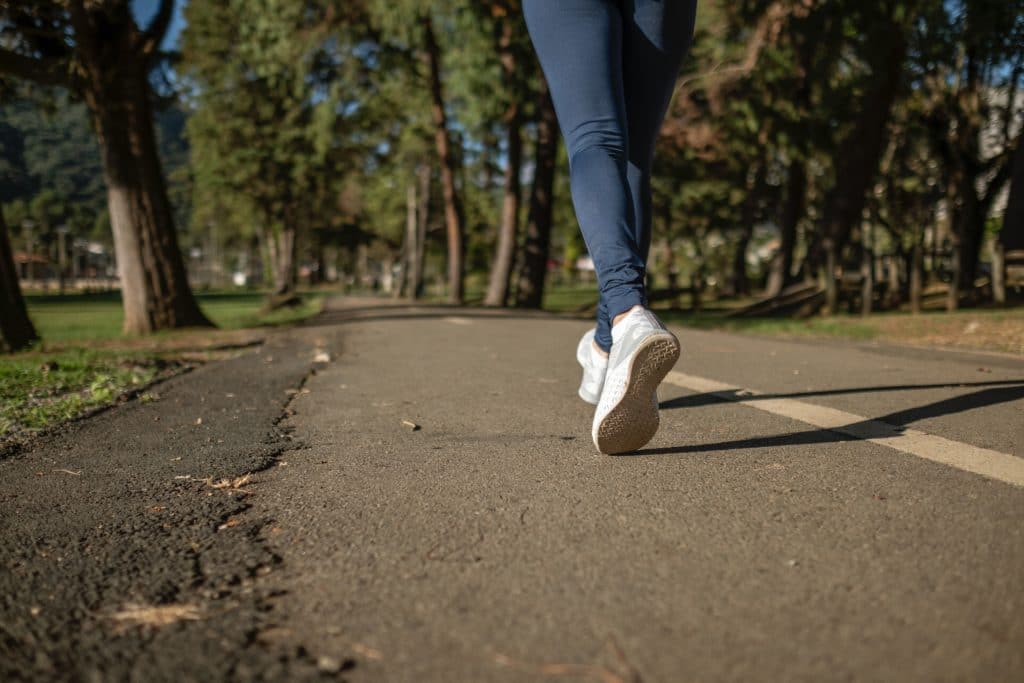10 Surprising Factors that May Contribute to Weight Gain During Menopause
Do you feel like weight gain during menopause happens no matter how much you exercise or how little you eat? We hear this a lot. You’re doing the same thing you’ve always done but the weight is piling on. So you start exercising harder and eating like a bird. Nothing happens. Even your usual ‘no-fail […]
10 Surprising Factors that May Contribute to Weight Gain During Menopause Read More »













